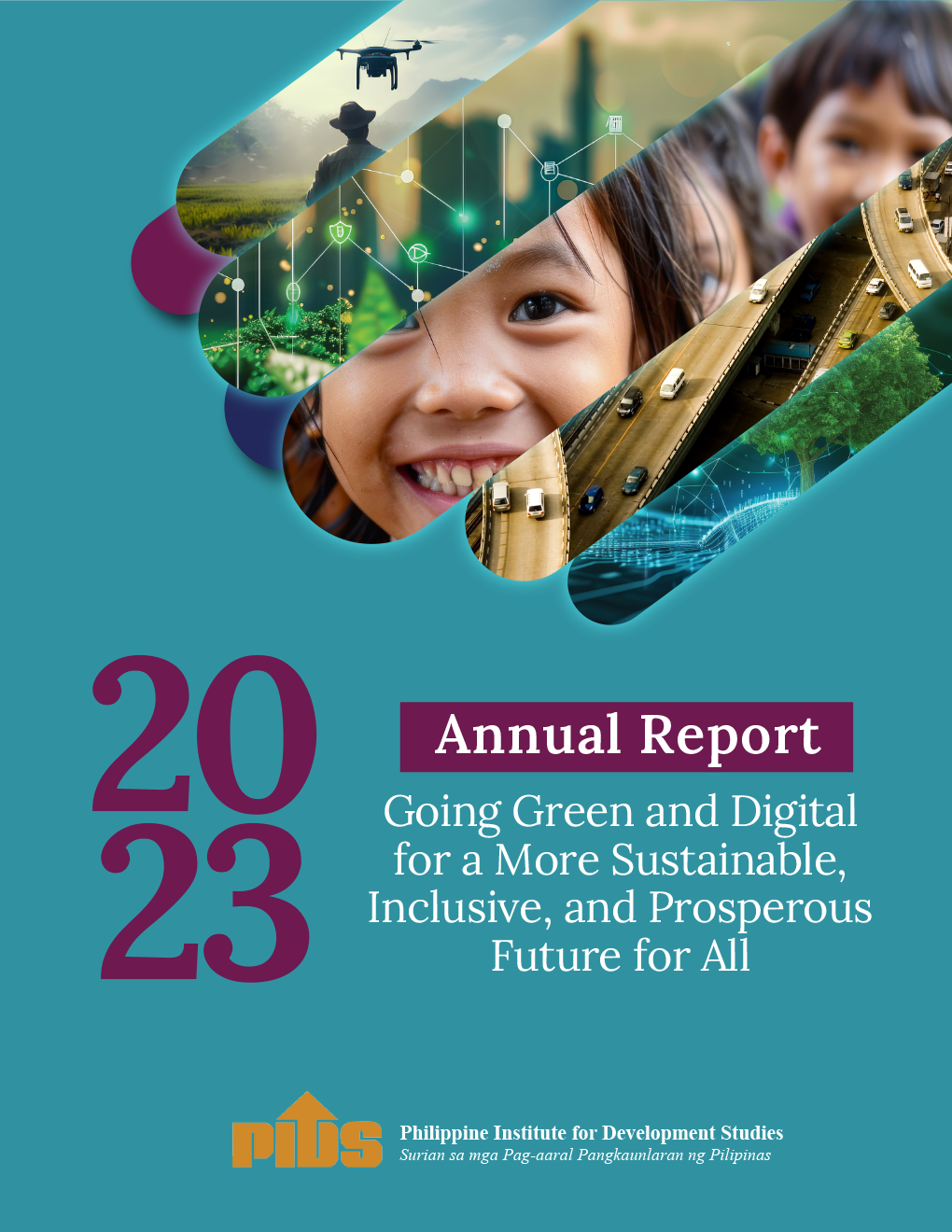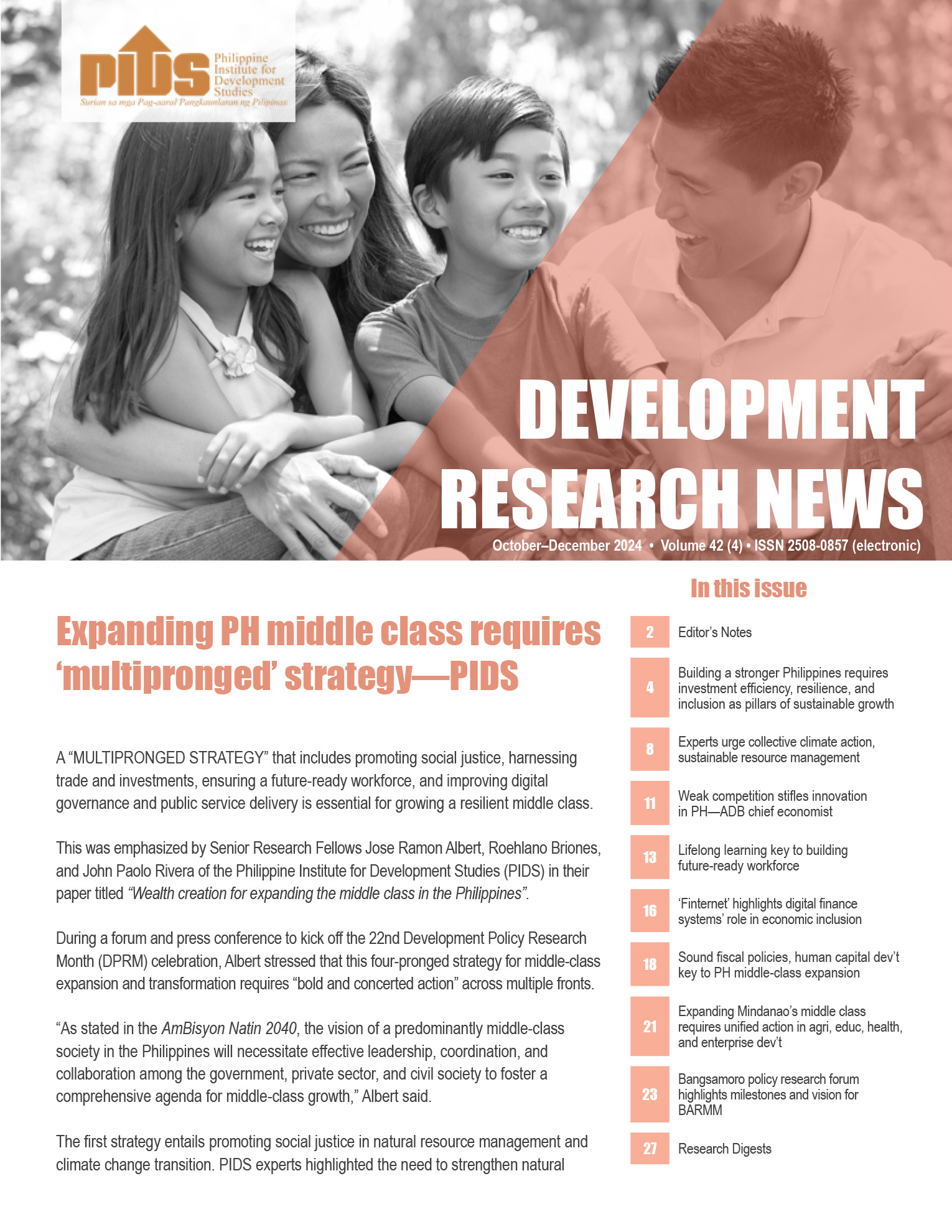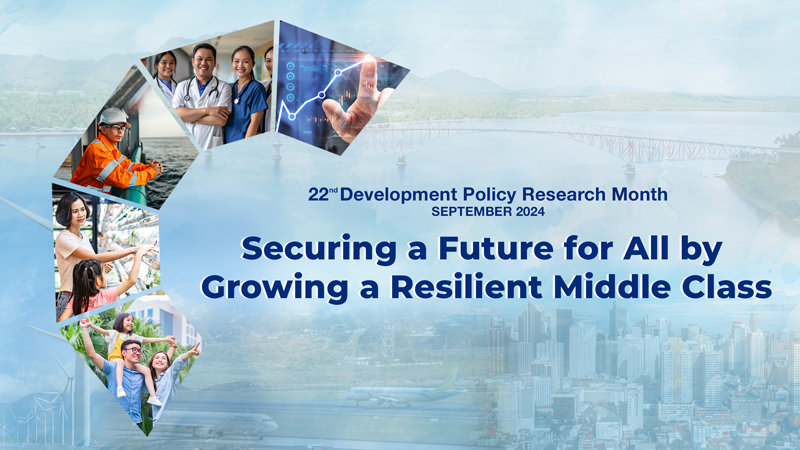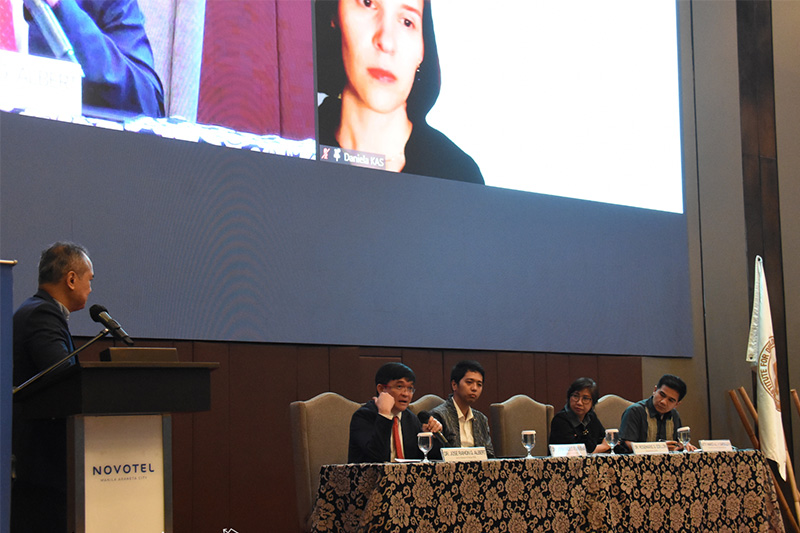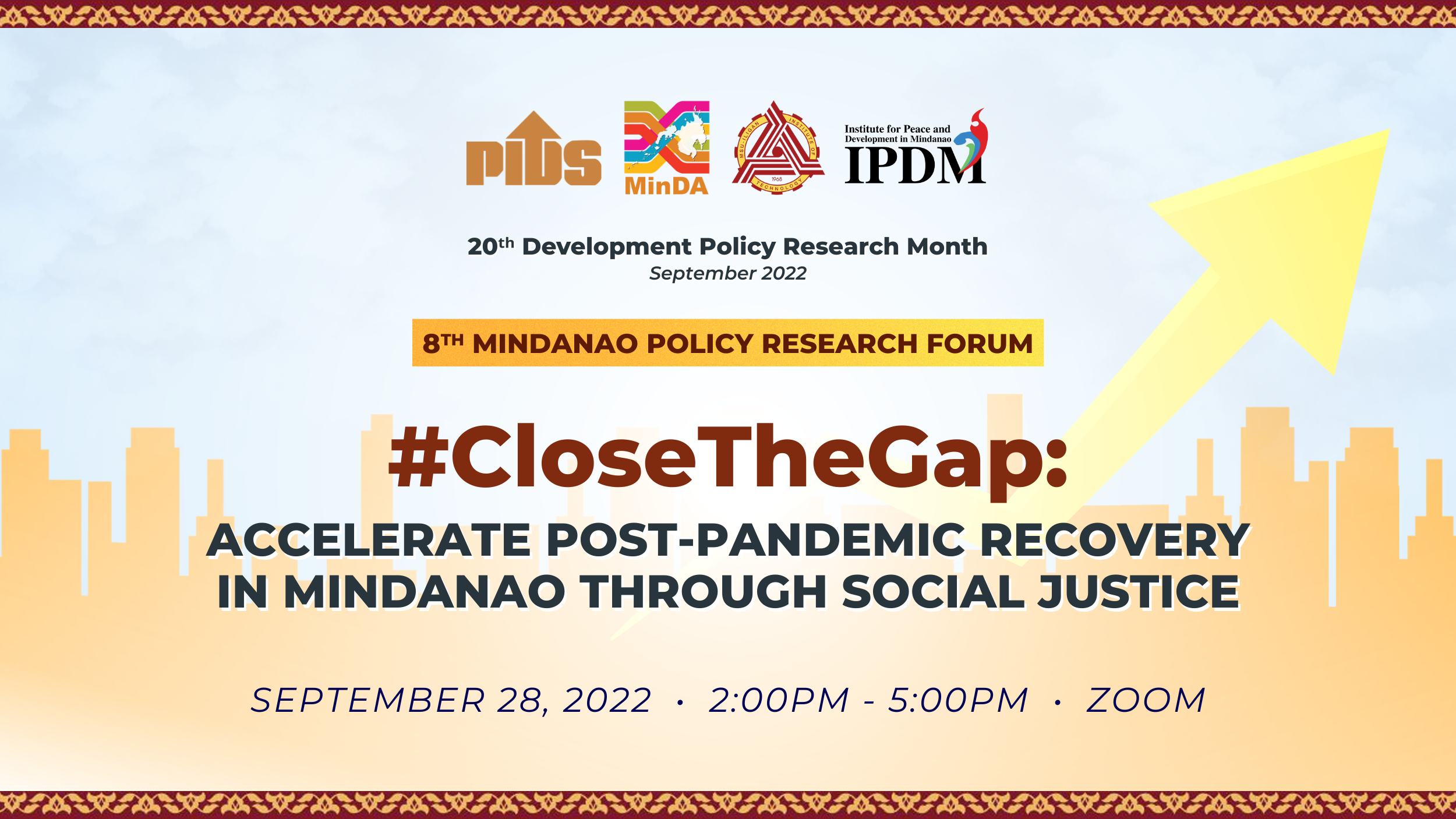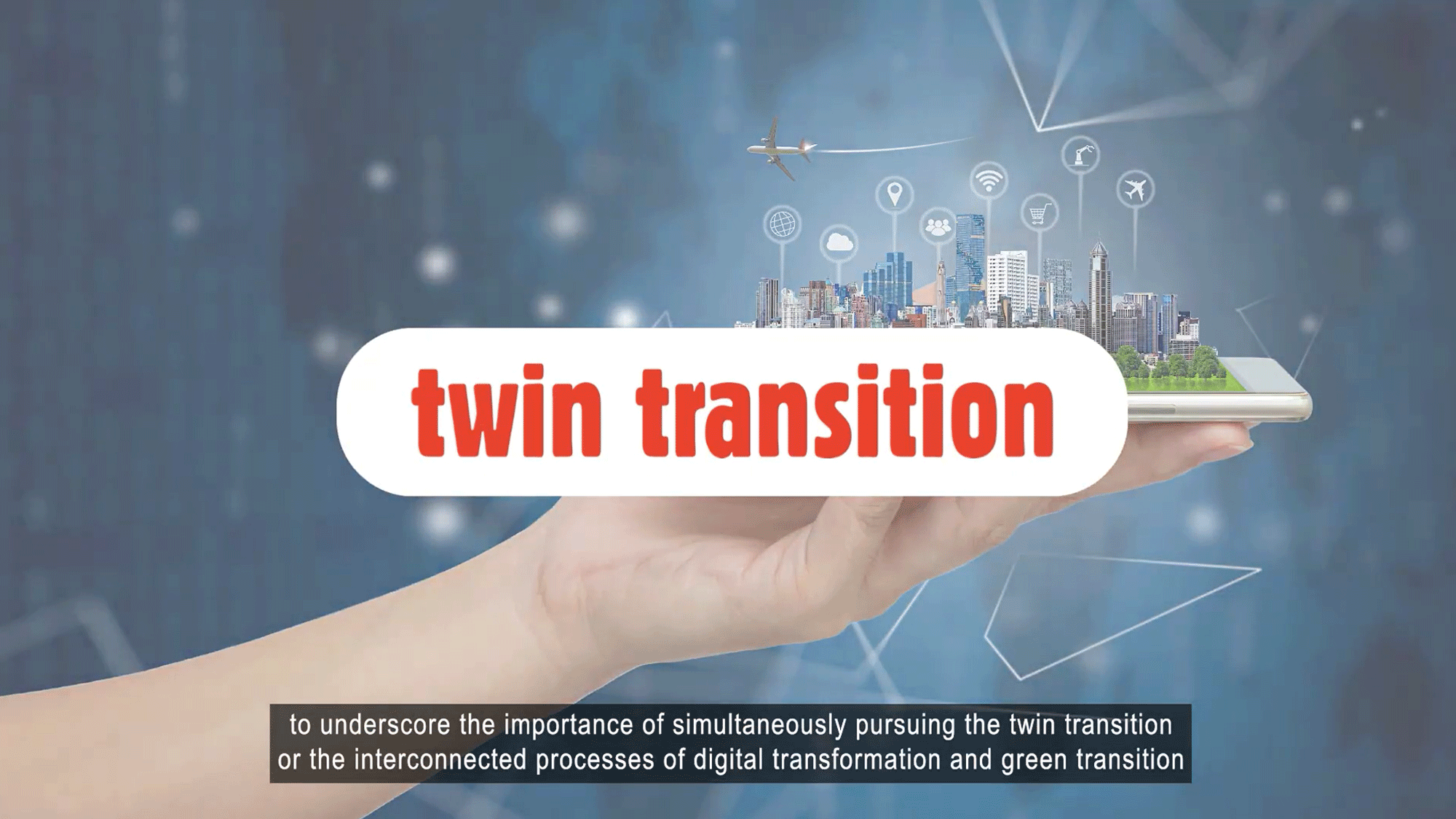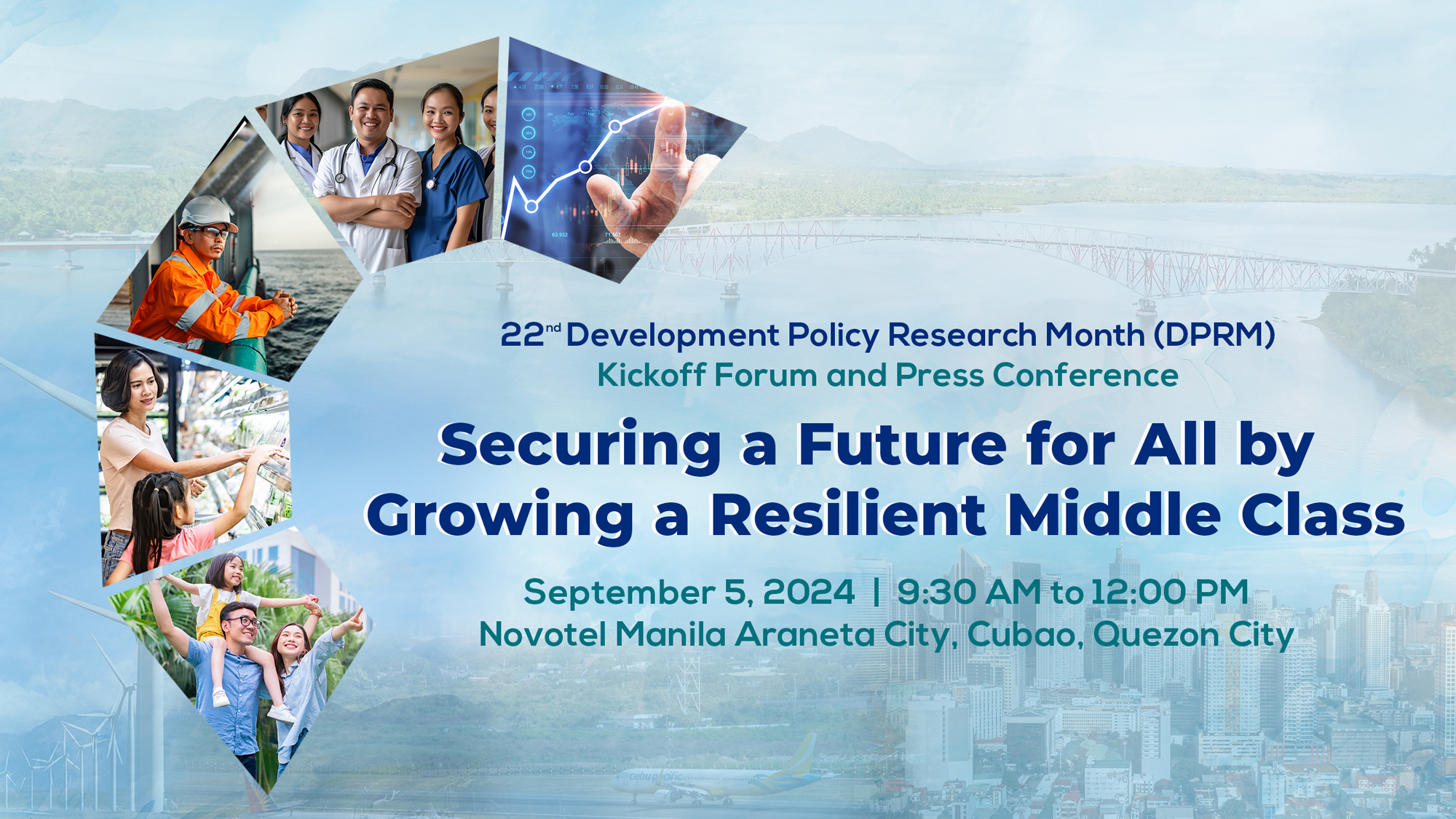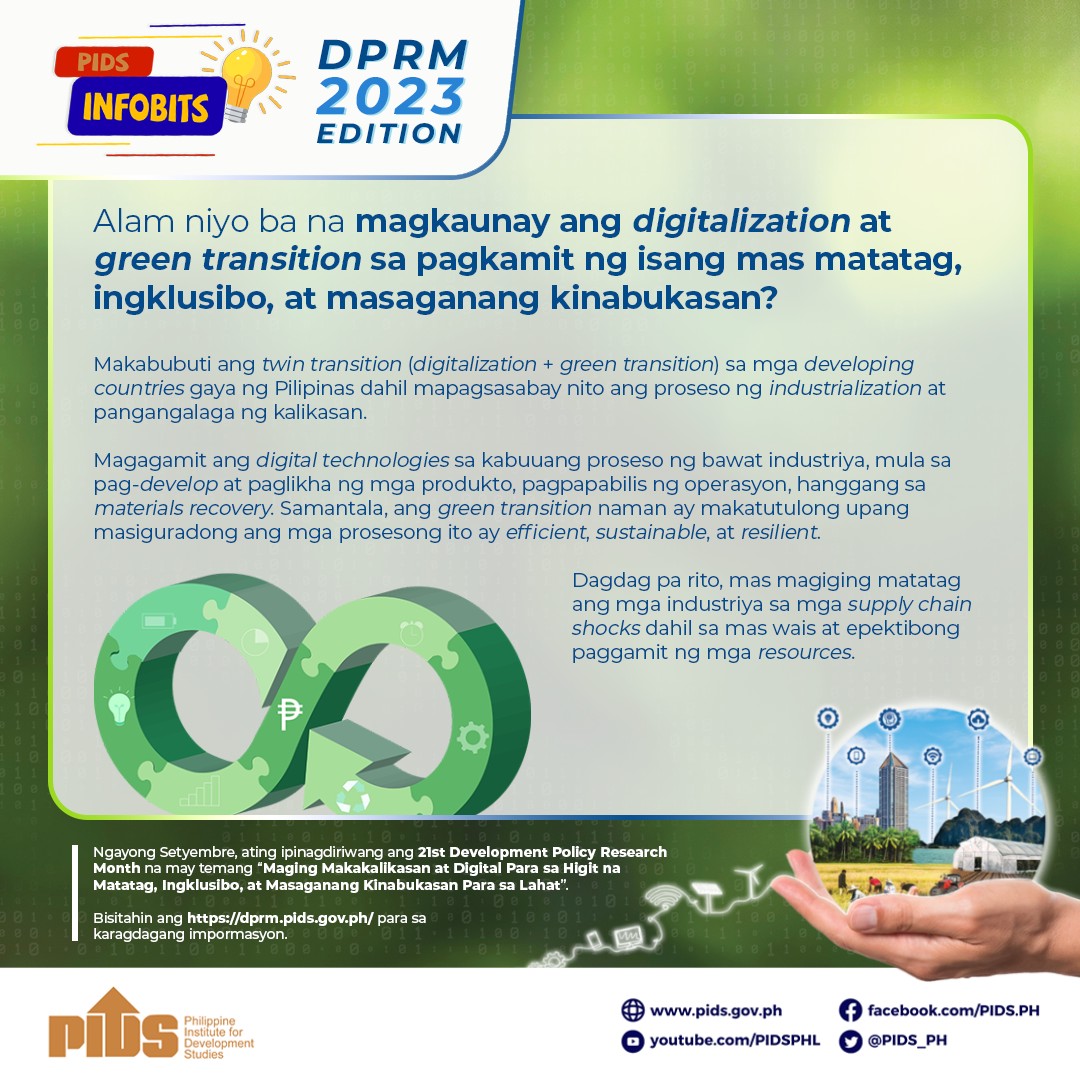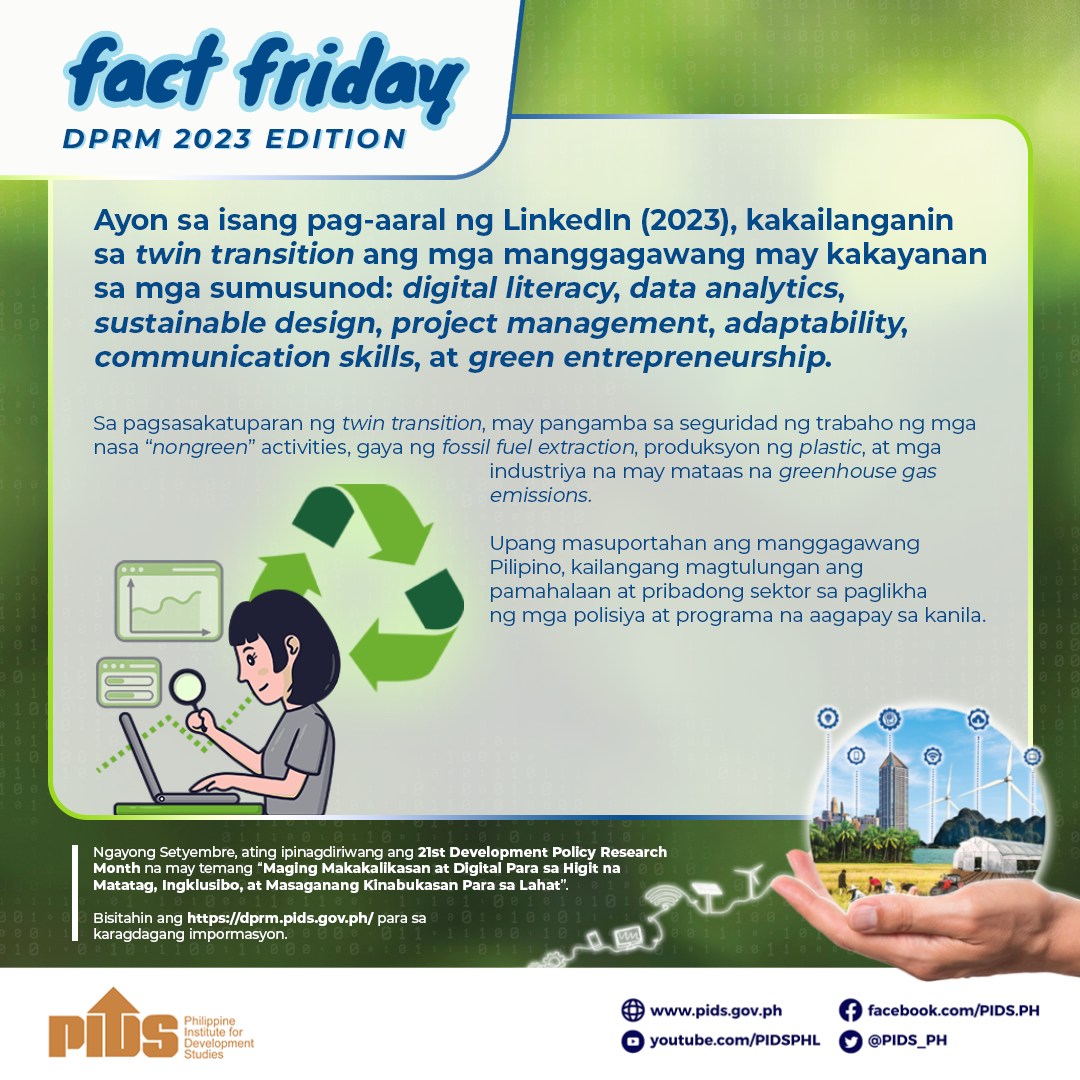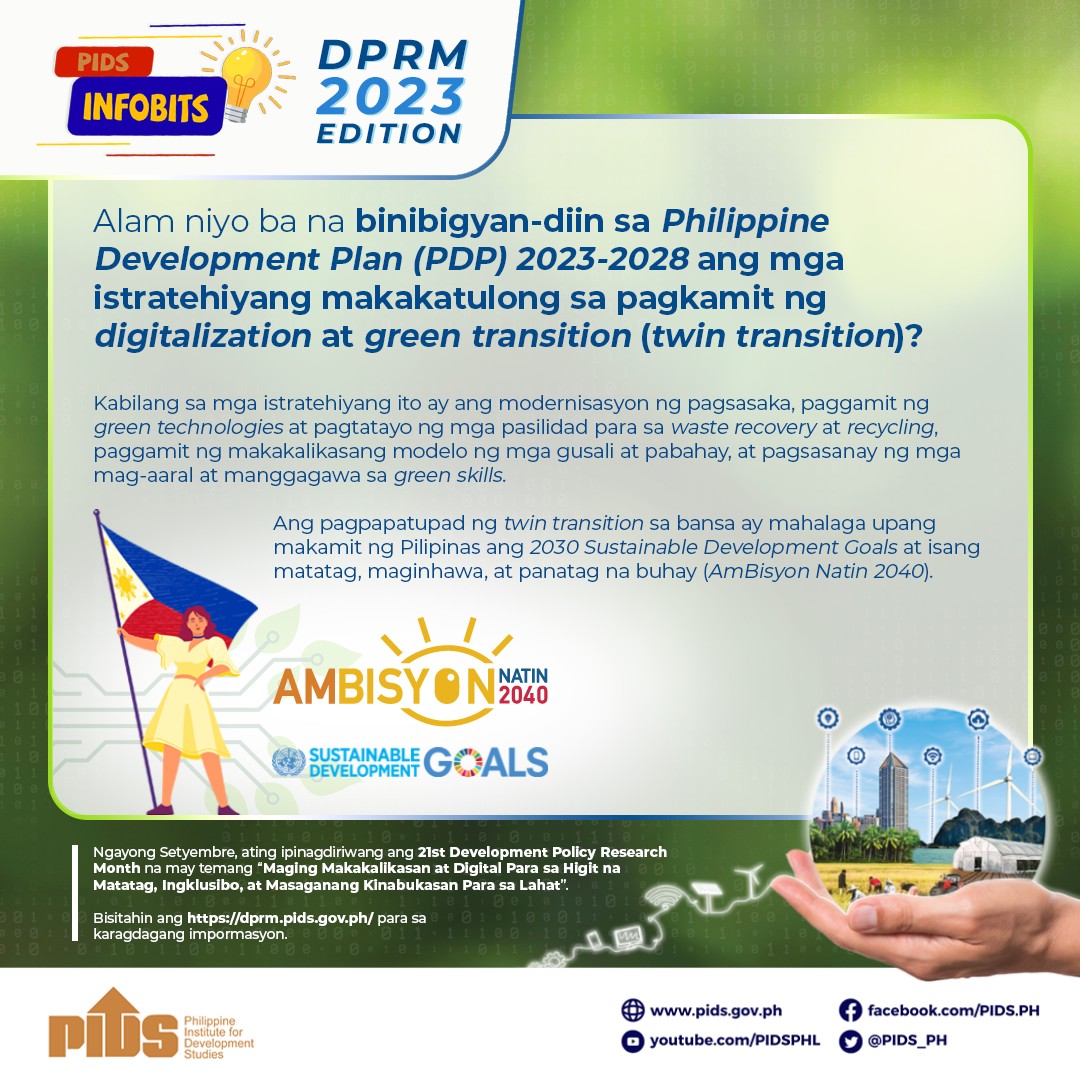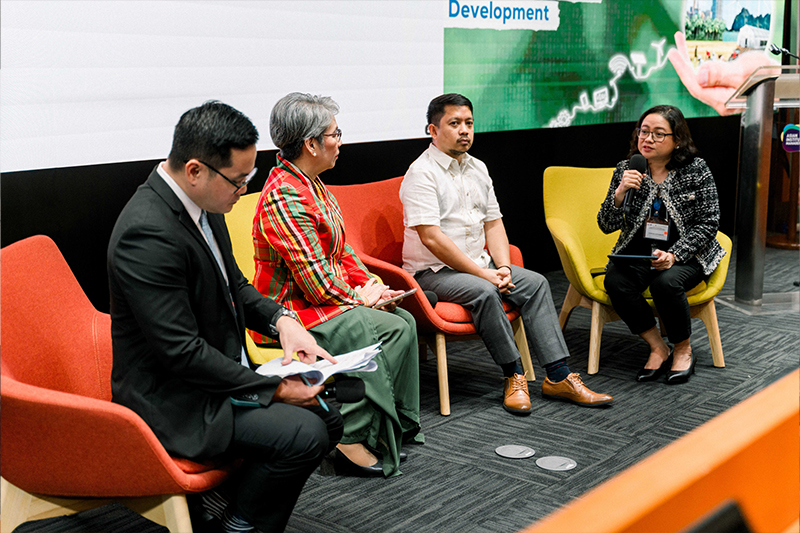
The Philippines can unlock the potential of the twin transition—or the simultaneous and interconnected green transition and digitalization—by prioritizing skill development, addressing digital challenges, and fostering collaboration. This, experts said, during the recently held 9th Annual Public Policy Conference (APPC).
The APPC is a flagship event organized by the Philippine Institute for Development Studies (PIDS) with support from the Asian Institute of Management (AIM) – Andrew L. Tan Center for Tourism and the Bangko Sentral ng Pilipinas (BSP). It is the highlight of the Development Policy Research Month celebration held every September. Discussions centered on the theme, “Going Green and Digital for a More Sustainable, Inclusive, and Prosperous Future for All”.
In the inaugural session titled “Twin Transition: Concept, Challenges, and Prospects”, Susan Schneegans, UNESCO Science Report editor-in-chief, presented the global challenges and opportunities presented by the ongoing digital and green transition.
"The digitalization of existing industries remains a challenge in the ASEAN region, but this is also a challenge for advanced countries,” she said.
She explained that aligning scientific efforts with policies supporting the twin transition can better equip countries to enjoy its benefits.
Fellow presenter and Senior Economic Advisor at the Economic Research Institute for ASEAN and East Asia Aladdin D. Rillo stressed digitalization’s critical role in enabling a circular economy, a regenerative system where economic activities aim to minimize waste and maximize the continual use of resources.
“Circular transition is complicated, but if technologies aid the transition, it will create a lot of potential for our economy,” he stressed.
Rillo said that promoting circularity, designing circular industries, investing in innovative financing mechanisms, and linking trade issues to transparency and accountability can help solve the digital divide and trade-related challenges.
Monchito Ibrahim, executive member of the National Innovation Council (NIC), discussed how artificial intelligence (AI), beyond trade and industry, seamlessly integrates into daily life.
Nevertheless, he raised questions about AI’s environmental impact, emphasizing the need for collaboration between public and private stakeholders. He added that with the NIC’s 10-year National Innovation Agenda and Strategy approved, Filipinos can consider AI in the long-term goals and strategies for improving the country’s innovation priorities and governance.
“Let us embrace the transformative power of innovation by investing in better education, research, and infrastructure that lay the groundwork for innovative thinking. Let us support startups, scientists, and inventors who dare to dream big and challenge the status quo. By doing so, we not only ensure economic growth but also create a better place, full of possibilities for generations to come," he said.
Experts at APPC’s second session, “Human Capital Development in the Dual Transition”, investigated how integrating digital technology and environmentally conscious practices can reshape education, training, social protection, and employment.
The panelists included OIC-Executive Director Charlyn Justimbaste of the Planning Office of the Technical Education and Skills Development Authority, Executive Director Sherwin M. Pelayo of the Analytics Association of the Philippines, Commission on Higher Education Technical Committee Management Member and immediate past President of the Tourism Industry Board Foundation Ma. Christina G. Aquino, Research Director Samantha Sharpe of the University of Technology Sydney, and Associate Professor E. Mark Curtis of Wake Forest University.
While acknowledging the challenges inherent in the dual transition, the experts also highlighted the unique opportunity it presents for countries to refine their strategies in nurturing human capital. They agreed that today’s workforce needs to invest in skill development to ensure it is equipped to meet the evolving demands of the future for both green and nongreen jobs.
Watch the conference on PIDS’ official Facebook page (Part 1 and Part 2) and official YouTube channel (Part 1 and Part 2). Photos of the APPC can be viewed here.
For more videos of PIDS events, go to https://pids.gov.ph/videos. ###

